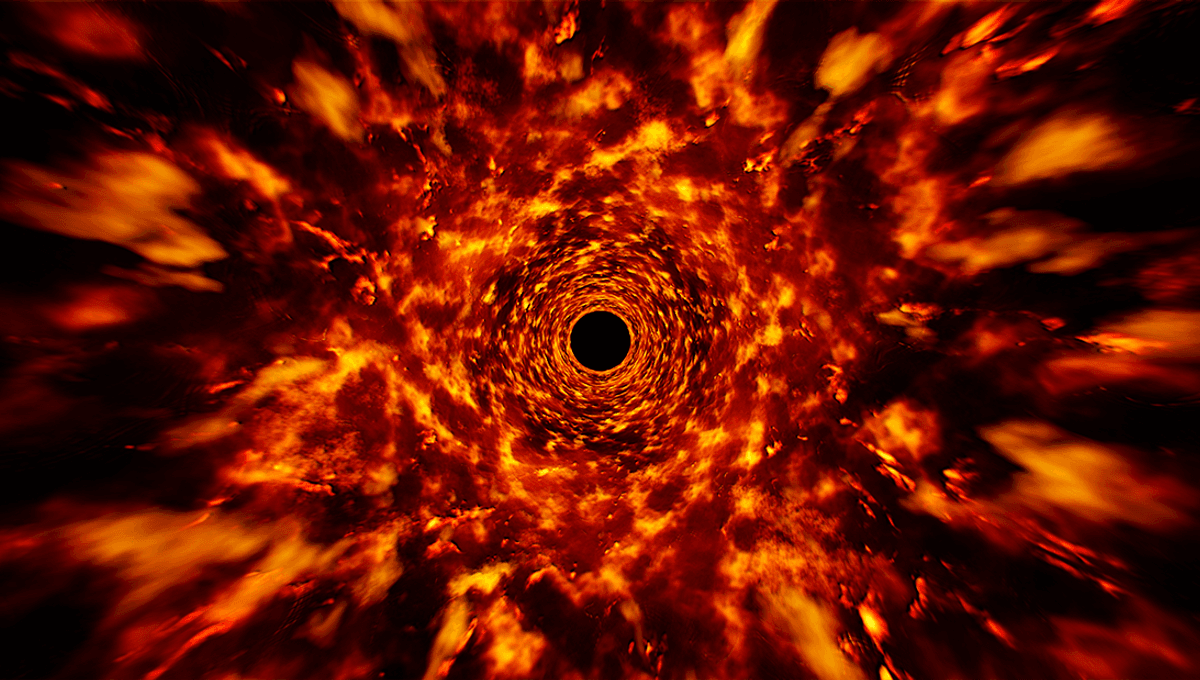
Fifty years after it was originally proposed, scientists have successfully created a black hole bomb in a laboratory environment. The black hole bomb is a theoretical phenomenon where waves, such as light or other forms of radiation, are amplified in the presence of a rotating black hole, leading to an exponential increase in energy.
This breakthrough was achieved through sophisticated experimental setups that mimic the conditions near a rotating black hole. Instead of using actual black holes, researchers utilized analogue systems capable of demonstrating similar physics, allowing them to observe how waves could be amplified in a controlled environment.
The successful creation of a black hole bomb in the lab not only confirms a long-standing theory but also opens new avenues for exploring the complex interactions between black holes and surrounding matter. This milestone could enhance future research in astrophysics, shed light on gravitational wave phenomena, and refine our understanding of energy extraction processes from black holes.
Further details about the experimental methods and implications of the discovery are expected to be published in upcoming scientific papers.
Source: https:// – Courtesy of the original publisher.






